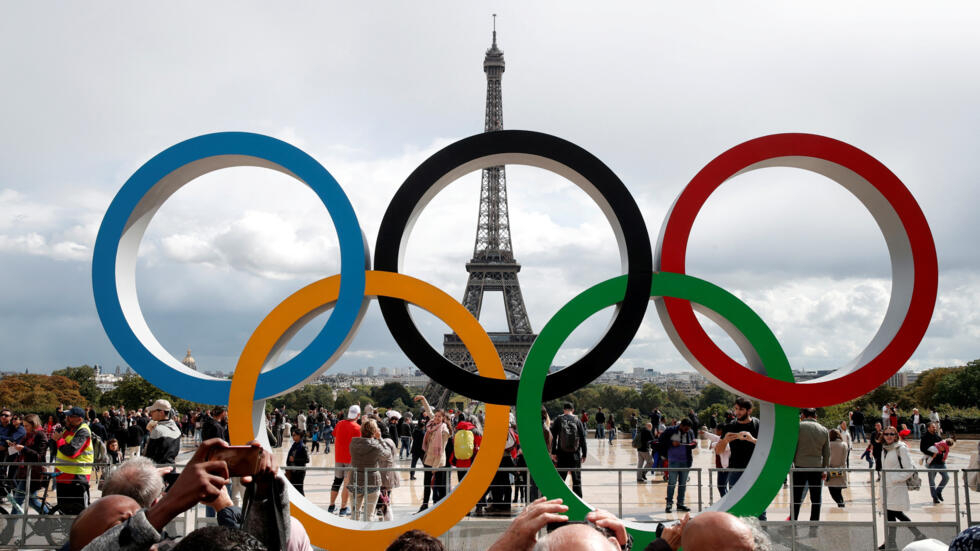- Since the 1990’s, new sports have been introduced to the competitions.
- During the 2022 Beijing Winter games, 7 new games were introduced while the 2024 Paris Summer Olympics saw 2 new sports debuted and 5 new games expected in the 2028 Los Angeles Olympics.
- Summer Olympics typically generate more revenue than winter Olympics.
- The ever increasing number of sports included in the games means bloated costs and a financial nightmare for host cities.
- Many cities are opting out of the bid to host the Olympics.
- Study revealed minimal socio-economic turnover after Olympics despite massive investment to facilitate the games and drum up tourism.
The Olympic Games are the world's largest sports events in the world tracing its roots back to ancient Greece. The event, held every 4 years, sees various nations compete against each other in different games. With a turnout of over 5 million attendees including spectators from all over the world and broadcasted to over 3 Billion people, the Olympics are the most watched and most prestigious sports event next to the World Cup.
 (16).jpeg)
Competition is fierce not just for the competing countries but also for who gets to host the games events. Cities submit bids years prior to the games and the International Olympics Committee (IOC) selects and nominates the winners. This is usually a competitive bidding process where countries compete to host the games.
In the past 2 decades however, the world has noted the waning interest by cities willing to host the events in their countries, and for good reason. Rising costs and prevailing political and economic situations have diminished interest in hosting the games and the statistics have much to show for it.
Read More
In 2004, 12 cities submitted applications to host the games which were eventually held in Athens. 10 cities bid for the 2008 games and 9 for the 2012 London Summer Olympics. Since then, fewer cities have trained their eyes on the games as only 7 made applications for the 2016 games, 5 cities for the 2020 games that were later held in Tokyo and only Paris and Los Angeles vied for the 2024 bid. Los Angeles was later chosen as the venue for the 2028 games.
 (19).jpeg)
It is important to note that these are cities in developed countries that can pour the vast resources needed to hold the games in their cities. Developing countries have shown interest but rarely make bids as the financial strain is too great for an event of that magnitude that is only hosted once every 4 years.
The question of sustainability still lingers as funding the games is a financial Pandora's box many are unwilling to open and those who did have quite the story to tell. Empty stadiums and pretty P.R photographs are all that remain after the events.
Since the 1990’s, new sports have been introduced to the competitions which in turn demand newer and bigger hosting venues. The ever increasing number of sports included in the competitions might be a problem and many experts question the value of hosting these ‘novel’ games as they don't weigh up to the ever ballooning costs.
For context, the 2022 Beijing Winter games debuted 7 new sports and the 2024 Paris Summer games introduced Breaking (Breakdancing) and Kayak Cross to the list. The need for specialized sports centers along with the logistics needed, result in budgets becoming inflated to unsustainable proportions.
The Chinese government coughed up in excess of 40B dollars for the 2022 games which was over 20 times its initial budget. Rio spent 13B dollars for the 2016 games, 4B dollars over the budget. Much of the money was often channeled towards new transport infrastructure and the construction of new competition venues.
Cost friendly budgets often become a financial burden due to spiraling costs associated with hosting the games.
Experts have noted the wastage in spending as infrastructure costs prior to the Olympic games go over budget putting a strain on the local economy. Investment is pumped to facilitate transport and accommodation for the games alone and minimal resources are diverted to improving local social infrastructure such as hospitals, schools and wages.
This often leads to diminished local support.
Justification for hosting the Olympics is that the events will boost the economy by a marginal degree through tourism and foreign investment and put the city on the global map. While modest at best, a study in 2010 concluded that there was “little evidence of any benefit of hosting an Olympic and considerable evidence of damage.”
While a lot of money is often directed towards infrastructure improvements for the events, the sheer size of the games and the general hosting means a hefty price tag which most cities are not prepared to handle.
Underutilized and abandoned infrastructure projects dot the once lively sports centers and have become a developing concern for most cities. These massive stadiums that could once host 90,000 people at a go are now remnants and empty shells of the glory days. The maintenance of these facilities, which have become weed covered or converted into homeless shelters, drains the host cities of millions, a problem that has been described as a ‘white elephant’.

 (18).jpeg)
This is what happens when the Olympic torch goes out.




-1772102940-md.jpg)


-1772090413-1772095461-md.jpg)


-1772102940-sm.jpg)

